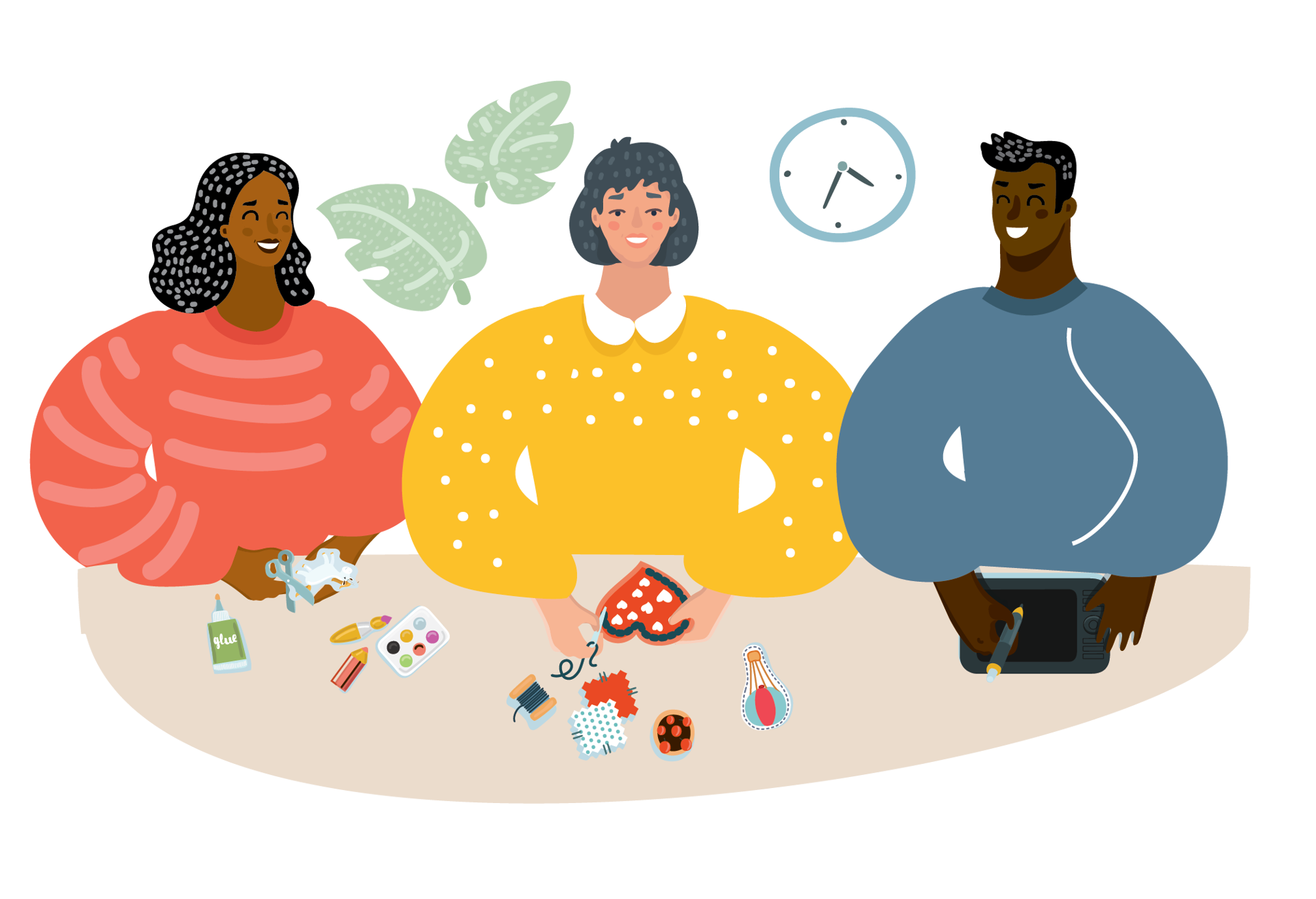Keeping Minds Active & Well: Activities for the Elderly at Home
Published: 15/08/2023
Keeping Minds Active & Well: Activities for the Elderly at Home
At Right at Home South Liverpool our utmost priority is to ensure our elderly loved ones continue living independently in their homes, preserving their sense of self-worth and overall well-being. One of the many facets of this care is addressing the cognitive health of seniors. It's widely recognized that actively engaging the mind can help in delaying or even reducing the symptoms of dementia. So, what activities can the elderly indulge in at home to keep their minds agile and spirits high? Let’s explore!
-
Reading & Audiobooks:
Regular reading is linked to slower cognitive decline. Whether it's newspapers, novels, or magazines, reading keeps the brain stimulated. For those with visual impairments, audiobooks can be a fantastic alternative, allowing them to immerse themselves in stories and information.
-
Puzzles and Brain Games:
Crossword puzzles, sudoku, jigsaw puzzles, and other brain games aren't just fun; they challenge the mind. Regularly participating in these activities can enhance memory, problem-solving abilities, and attention to detail.
-
Gardening:
For those with access to a garden or even a small balcony, gardening can be therapeutic. It promotes physical activity, coordination, and offers a sense of accomplishment. Plus, the very act of being in touch with soil and plants can be incredibly grounding and enriching.
-
Cooking & Baking:
Preparing meals or baking treats is not just about feeding oneself; it's a multi-sensory experience that encourages creativity, sequencing, and multitasking.
-
Music & Singing:
Listening to music, especially familiar tunes from the past, can evoke memories and emotions. Many dementia care units use music therapy to help residents. Singing or playing a musical instrument, even simple ones like tambourines or recorders, can further enhance cognitive function.
-
Art & Craft:
Drawing, painting, knitting, or any other craft activity offers a therapeutic outlet for self-expression. Crafting can help with hand-eye coordination, focus, and concentration.
-
Memory Books:
Creating a memory book or scrapbooking can be a delightful activity. It allows the elderly to revisit and narrate their life stories, reinforcing their memories. By revisiting these memories you get the opportunity to be grateful for the special times and people you’ve had the privilege of experiencing.
-
Physical Exercise:
Physical activities like tai chi, yoga, or simple stretching exercises can have profound effects on mental health. Regular exercise increases blood flow to the brain, potentially lowering the risk of cognitive decline.
-
Social Interaction:
While this may be challenging in times of social distancing, video calls or virtual meet-ups can be a great way to stay connected. Social interactions stimulate areas of the brain involved in memory, attention, and emotional well-being.
-
Learning a New Skill:
It's never too late to learn. Whether it's a new language, knitting technique, or a digital skill, challenging the brain to pick up something new keeps it resilient.
Several studies suggest that a combination of these activities can provide the best results in terms of cognitive health. They not only keep the brain active but also provide a much-needed boost to one's sense of well-being and self-worth.
At Right at Home South Liverpool(https://www.rightathome.co.uk/southliverpool), we're dedicated to helping the elderly in the South Liverpool and Halton areas achieve a balanced lifestyle, filled with activities that nourish both the mind and soul. Remember, the journey to cognitive health is ongoing, and every activity, no matter how small, counts.
Stay engaged, be grateful, stay well

